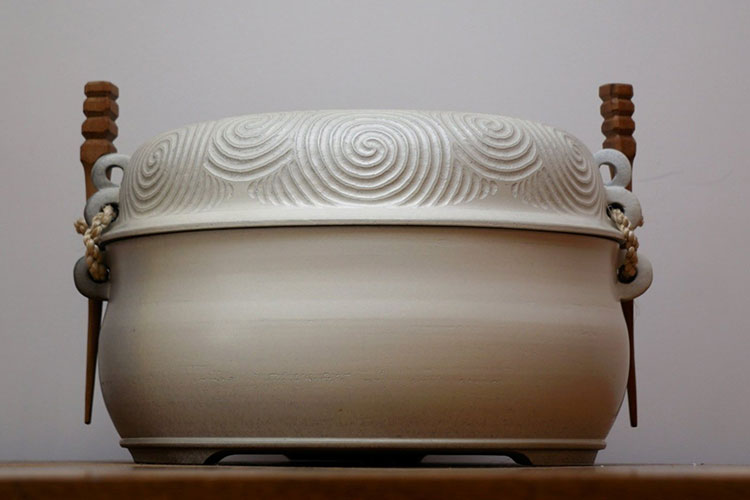Gisela Torres Munoz came to Aotearoa to find a better life for her children, and now she’s teaching others to get a better life for themselves.
Gisela is the kaiako for the Level 4 Manaaki Tangata Certificate in Bicultural Social Services programme at the Waitakere campus of Te Wānanga o Aotearoa, and her journey from her native Chile to west Auckland is as inspirational as her teaching.
Gisela first completed a social work degree in Chile and worked with the indigenous Mapuche people, who had suffered through colonisation.
“I was 23-years-old in Chile when we fought for our indigenous people who had lost their language, their values, so many things,” she says.
And while she loves her country, she wanted somewhere safe for her family to grow. So they moved to Aotearoa and after more than 10 years’ of hard work gained their citizenship.
“I worked in a factory for five years but it was a good experience. I met some good people and learned about their life and their difficulties living in New Zealand. This made me wonder about New Zealand and I wanted to find out more,” she says.
“I had worked with indigenous people and I was thinking ‘where are the indigenous people in this country?’
So she took to Google and discovered Te Wānanga o Aotearoa.
“I came to Te Wānanga o Aotearoa looking for answers and it was so exciting. I went to an info seminar and thought ‘okay, I think this is my place’.”
While she was already a social worker in Chile, Gisela enrolled in the Manaaki Tangata programme.
“I wanted to start from the beginning, and kaupapa Māori was interesting for me. Coming to the wānanga was the beginnning of the journey of connecting and realising that we have things which are the same. When I learned tangata whenua means people of the land I realised there is a connection. For my people, Mapuche, mapu is land, che is people. So it’s exactly the same.”
After completing the one-year programme, her kaiako encouraged her to complete the social work degree, which she did. She was then encouraged to apply for a kaiako role.
“I applied but thought ‘I’m not Maori, this is not my place’ but everyone said we need people from different cultures, different values and I got the job. It was so amazing.”
And it’s a role she loves.
“The diversity and the knowledge and how people connect through the kaupapa, it’s different names and different reo, but everyone shares the same values,” she says.
“I have been able to bring a lot of people through that were in the same positiion as me, thinking this is maybe not my place. But they find the connection with their own life, their own values. I embrace kotahitanga and I know from experience this is the right way. Our country has been colonised for so many years so we know the struggle and when I came here I saw a connection with tangata whenua.”
And despite being far from home, Gisela is happy with her new home in Aotearoa.
“We lost a lot of things when we came here, family and connections, but we are building a new life here. I really miss my family, my mum, but it’s better here. My children are doing very well they enjoy life, what else can I ask?”




































